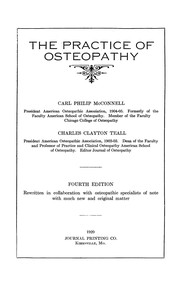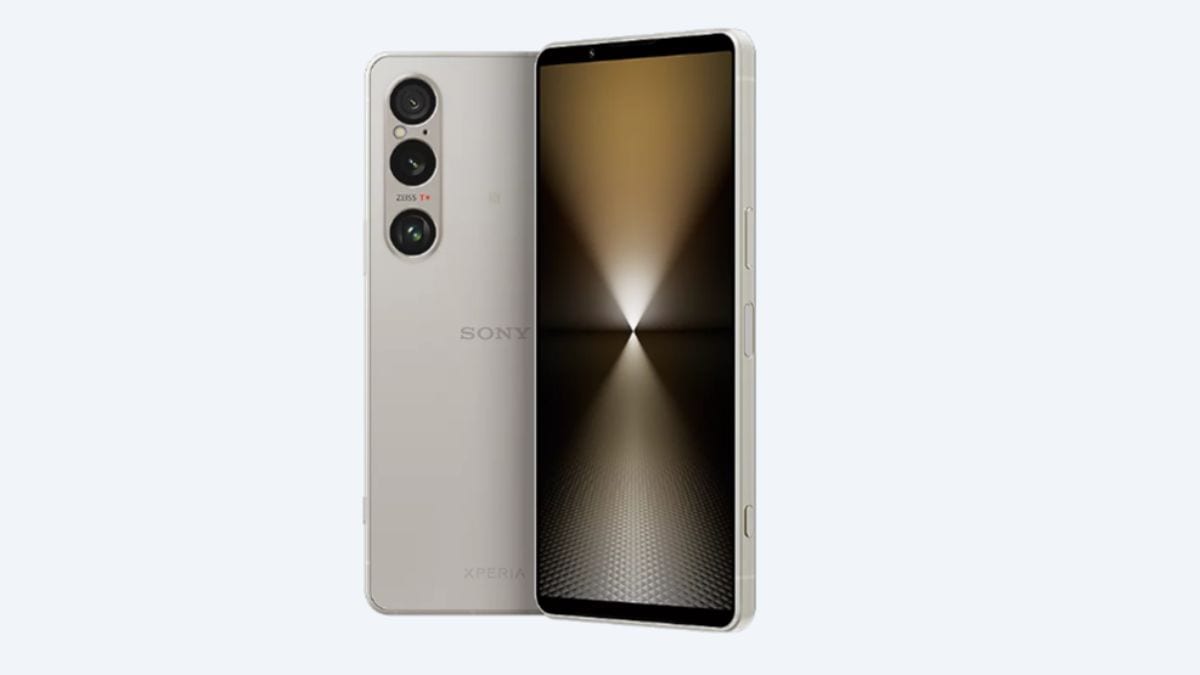What Time Is NASA's Parker Solar Probe Closest Sun Flyby on Christmas Eve?
On Dec. 24 at 6:53 a.m. EST, NASA’s Parker Solar Probe will achieve its closest flyby of the Sun at 3.8 million miles. The mission, part of a seven-year study, aims to uncover the mysteries of the Sun’s corona and solar wind. Travelling at 430,000 mph, the spacecraft is protected by a heat shield designed to withstand extreme temperatures. Updates from the mission team are expected later, with scientific findings anticipated in January

The Parker Solar Probe, a mission by NASA, is set to make its closest approach to the Sun on Christmas Eve, December 24, 2024. This milestone flyby is expected to occur at precisely 6:53 a.m. EST, as reported by multiple sources. The spacecraft will reach an unprecedented proximity of 6.1 million kilometers from the Sun's surface, marking the 22nd close encounter of its mission. This approach represents a record-breaking moment in space exploration, achieved through seven Venus flybys that incrementally brought the probe closer to the Sun.
Details of the Flyby
According to mission updates from NASA and the Johns Hopkins Applied Physics Laboratory (JHUAPL), the Parker Solar Probe will travel at a staggering speed of 692,000 kilometers per hour during its journey through the Sun's outer atmosphere, or corona. This high-speed encounter aims to shed light on the corona's extreme temperatures and its role in solar wind generation. The probe's heat shield, built to endure temperatures up to 1,377 degrees Celsius, will ensure the spacecraft remains operational as it navigates the intense environment.
Updates and Tracking
While the event itself will not be broadcast live, updates will be provided through NASA's official channels and the Parker Solar Probe mission blog. A status check from the spacecraft is expected on December 27, followed by the first telemetry data on January 1, 2025. The initial scientific findings, including data on solar activity, are anticipated by late January.
What Comes Next
This flyby is part of the probe's seven-year mission, concluding in 2025 after a total of 24 solar encounters. Subsequent flybys in March and June 2025 will continue to gather valuable data, with decisions about the probe's orbit to be made thereafter, as per the mission team's updates.












)

























































